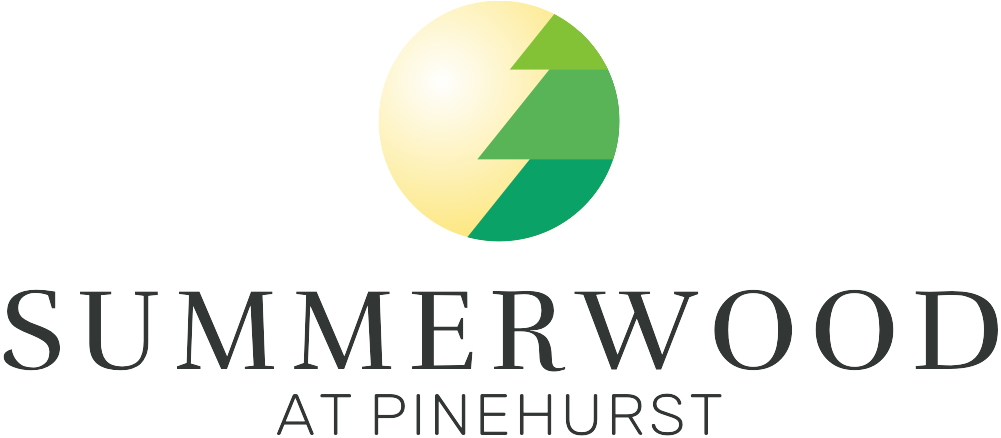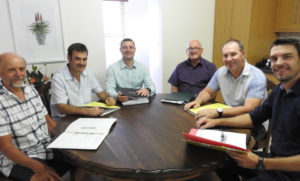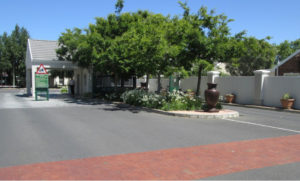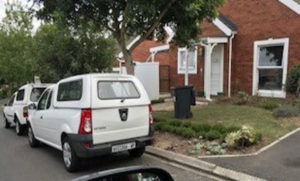WATER RESTRICTIONS
November 9, 2016
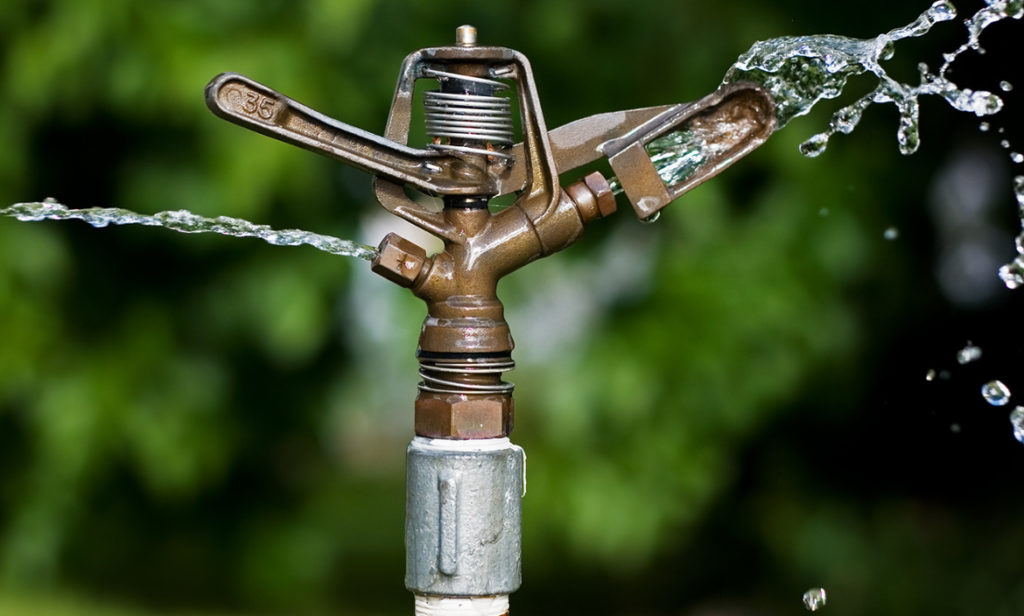
Notice 2016 No 19.
MUNICIPAL WATER RESTRICTIONS FOR SUMMER OF 2016/17
Dear Member/Resident,
The City of Cape Town’s Mayoral Committee on 18 October 2016 approved a recommendation to Council of Level 3 water restrictions from 1 November 2016, with corresponding tariff increases to follow from 1 December 2016. This is in line with the directive from the National Department of Water and Sanitation to reduce demand on the Western Cape Water Supply System by 20%. The report was adopted by Council on 26 October 2016.
Key enhanced restrictions on Level 3 for residential users are as follows:
- Watering/irrigation (with drinking water from Municipal supply) of gardens, lawns, flower beds and other plants, vegetable gardens, sports fields, parks and other open spaces is allowed only if using a bucket or watering container. No use of hosepipes or
- automatic sprinkler systems is allowed.
2.2 Cars and boats may only be washed with water from buckets.
2.3 Manual topping up of swimming pools is allowed only if pools are fitted with a pool cover. No automatic top-up systems are allowed.
2.4 No portable play pools are permitted to be used. - In addition, proposed tariff increases for average residential consumers are as follows:
| WATER DOMESTIC Full Steps | Unit | LEVEL 2 (20% reduction) Rands (incl.VAT) | LEVEL3 (30% reduction) Rands (incl. VAT) |
| Step 1 (0 < 6 kl) | Per kl | 0 | 0 |
| Step 2 (>6 < 10.5 kl) | Per kl | 15,68 | 16,54 |
| Step 3 (>10,5 < 20 kl) | Per kl | 20,02 | 23,54 |
| Step 4 (>20 < 35 kl) | Per kl | 32,65 | 40,96 |
| Step 5 (>35 < 50 kl) | Per kl | 49.83 | 66,41 |
| Step 6 (>50 kl) | Per kl | 93,39 | 200,16 |
| SANITATION DOMESTIC Full Steps (charged to a maximum of 35 kl) | Unit | LEVEL 2 (20% reduction) Rands (incl.VAT) | LEVEL3 (30% reduction) Rands (incl. VAT) |
| Step 1 (0 < 6 kl) | Per kl | 0 | 0 |
| Step 2 (>6 < 10.5 kl) | Per kl | 13,24 | 13,98 |
| Step 3 (>10,5 < 20 kl) | Per kl | 23,39 | 27,47 |
| Step 4 (>20 < 35 kl) | Per kl | 28,15 | 35,29 |
| Step 5 (>35 < 50 kl) | Per kl | 36,48 | 48,65 |
- The tariff is designed so that the price per kilolitre of water goes up once the resident’s use for the month exceeds certain levels. For example:
4.1. The first 6 kl (step 1) is free.
4.2 After usage exceeds 6 kl, but before usage reaches 10,5 kl for the month (step 2), each kilolitre will coat will cost R16,54/kl.
4.3 After usage exceeds 10,5 kl, but before usage reaches 20 kl for the month (step 3), each kilolitre will cost R23,54/kl.
4.4 After usage exceeds 20 kl, but before usage exceeds 35 kl for the month (step 4), each kilolitre will cost R40,96/kl. - Cape Town residents as a whole did not achieve the consistent 10% reduction in water use that was mandated from January 2016. If we continue to use water as we did on Level 2 restrictions over the coming summer months, the dams are at risk of falling to 15% by the end of the summer period. Following on, if we experience poor rainfall next rainy season, we could find our dams at approximately 50% this time next year.
- The City’s Mayoral Committee Member for utility Services, Alderman Ernest Sonnenberg was quoted as follows:
‘During drought cycles, such as the one being experienced, water restrictions and other water-saving and optimisation measures are necessary to ensure that water use does not exceed available supply from the system of dams providing the city and broader region with water. We have a collective responsibility to use water sparingly and ensure that the dams are not drawn down to very low levels over the coming summer period. While this may cause a certain amount of inconvenience and cost burden to our residents and businesses, it is important that we take a longer-term view and consider the possibility of the drought extending into the winter rainfall period.’ - The City will continue to optimise abstraction of water from the various dams in consultation with the National Department and surrounding municipalities. This may entail periodic adjustment to the bulk water distribution system, which could lead to intermittent water clarity issues or changes in water taste for those with sensitive palates. Should we experience unusually hot and windy conditions during summer, this may promote algal growth in the dams which could also give rise to an earthy taste and smell to the water. Activated carbon is utilised at the water treatment plants to remove most of the taste and smell. All water supplied will remain safe to drink.
- More information on current water restrictions as well as tips on how to save water can be found at: http://www.capetown.gov.za/en/Water/Pages.Water-restrictions.aspx
Chairman : Management Committee 2 November 2016
